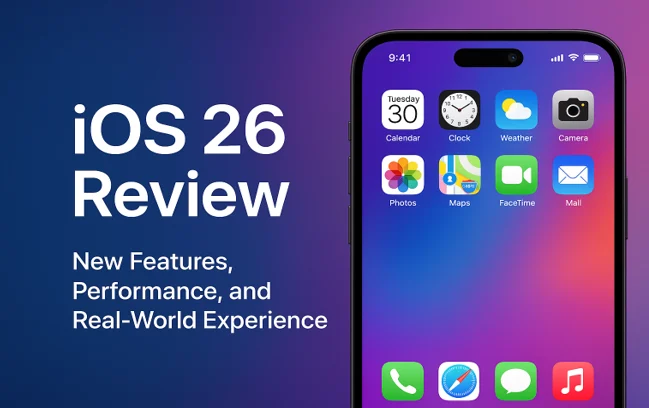
Ramp Up of AI and ML Systems Aim to Reduce Spam Call Incidents by 50%
WhatsApp, owned by Meta, has announced a series of back-end updates to tackle the issue of spam calls in India. The messaging app has ramped up its artificial intelligence (AI) and machine learning (ML) systems to combat the surge of spam calls, which have impacted many users in the past few days. The issue has even caught the attention of the Indian government, leading to calls for action to be taken.
New Updates to Combat Spam Calls
In response to these concerns, WhatsApp has introduced a range of new updates designed to reduce the number of spam calls by at least 50%. A WhatsApp spokesperson stated that the app would continue to provide several safety tools, including Block & Report features, user safety education and awareness, and proactively weeding out bad-actors from the platform.
The spokesperson also highlighted the challenge of dealing with bad actors who continually find new ways to scam users. In this case, the new method being adopted by fraudsters is through international scam calls, which are causing widespread issues for users in India.
Impact of Spam Calls in India
A large number of users have raised concerns about the distress and financial loss caused by deceitful calls originating from foreign phone numbers. The perpetrators of these spam calls have been using international codes from a variety of countries, including Ethiopia (+251), Indonesia (+62), Kenya (+254), Malaysia (+60), and Vietnam (+84), to name a few.
In most cases, the fraudsters have been promoting fraudulent job offers, which can lead to significant financial losses for unsuspecting victims. To make matters worse, the fraudsters then often ask users to connect over other messaging apps, such as Telegram, to continue the scam.
Government Action on Spam Calls
Earlier this week, Rajeev Chandrasekhar, India’s Minister of State for Electronics and Information Technology, told local media outlets that the IT ministry would send a notice to Meta to get spam calls on the messaging app restricted. He highlighted the importance of protecting user privacy and security, and that any messenger platform should address the issue of spam.
WhatsApp has responded to these concerns by introducing updates to reduce spam calls, and the company has assured users that their safety and security remain a top priority. The messaging app is the biggest in India, with over 500 million users, and has previously faced issues with brands spamming users.
Conclusion
The recent updates made by WhatsApp’s back-end systems are intended to tackle the problem of spam calls in India and curtail the occurrence of fraudulent calls to users. Although it may take some time for these updates to take effect, impacted users need not install any fresh updates or modify the app settings. With user safety and security being a top priority for WhatsApp, these updates are anticipated to bring some relief to individuals impacted by spam calls.







